
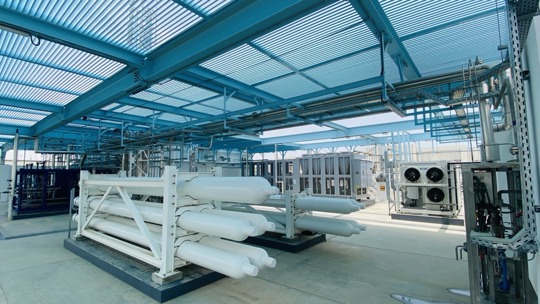
As demand for clean energy accelerates, new materials are being tested to address hydrogen’s volatility. From Europe to the Gulf, advanced steel technology is setting new standards for safety and performance under extreme conditions.
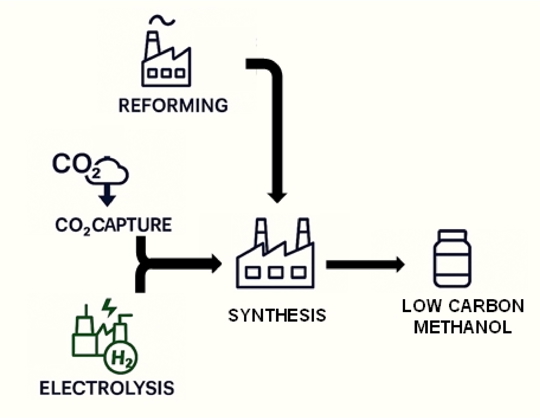
The company will partner with Siemens Energy to develop the FEED engineering for a green hydrogen production facility that forms part of the Pacífico Mexinol project. The plant will produce ultra-low carbon green and blue methanol on an unprecedented scale.
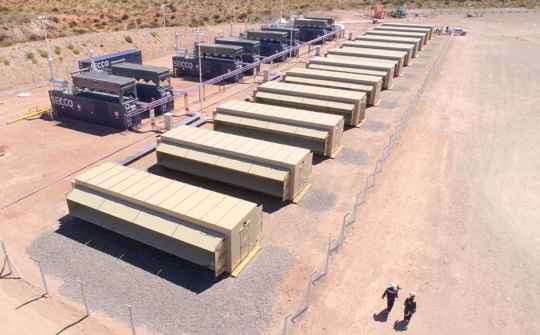
The company is steadily working to reduce emissions in one of Latin America’s most active energy basins. Through practical innovation, data transparency, and a growing environmental culture, the company is proving that oil and gas operations can expand responsibly while aligning with global sustainability expectations.
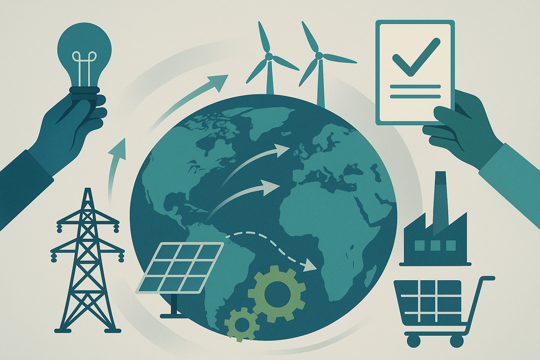
The United States, Europe, and China are each advancing along different paths in the energy transition, while Latin America is looking to position itself within global value chains. Against this backdrop, the Techint Group is reassessing its strategy, adapting to emerging frameworks and seizing new opportunities in regionalization and nearshoring.
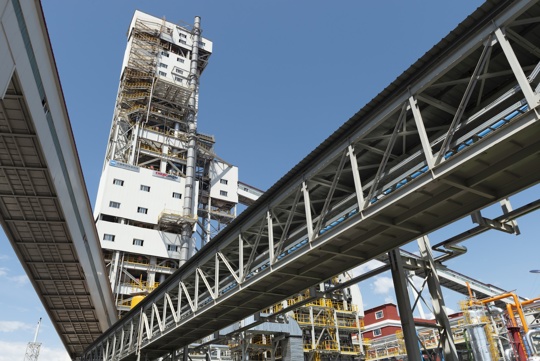
Tenova has been selected as the technology provider for NeoSmelt, a consortium including BlueScope, BHP, Rio Tinto, Woodside, and Mitsui Iron Ore Development, to design a flexible, hydrogen-ready Direct Reduced Iron (DRI) plant.
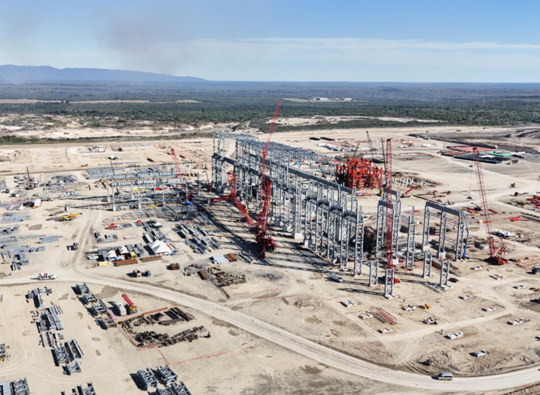
Ternium has received a Medium Green rating from S&P Global Ratings, one of the world’s leading credit and sustainability assessment agencies, for its Green Financing Framework linked to the new DRI–EAF steel plant in Pesquería, Mexico. The recognition underscores Ternium’s continued progress in lowering emissions through technologies such as Direct Reduced Iron (DRI) and Electric Arc Furnace (EAF).